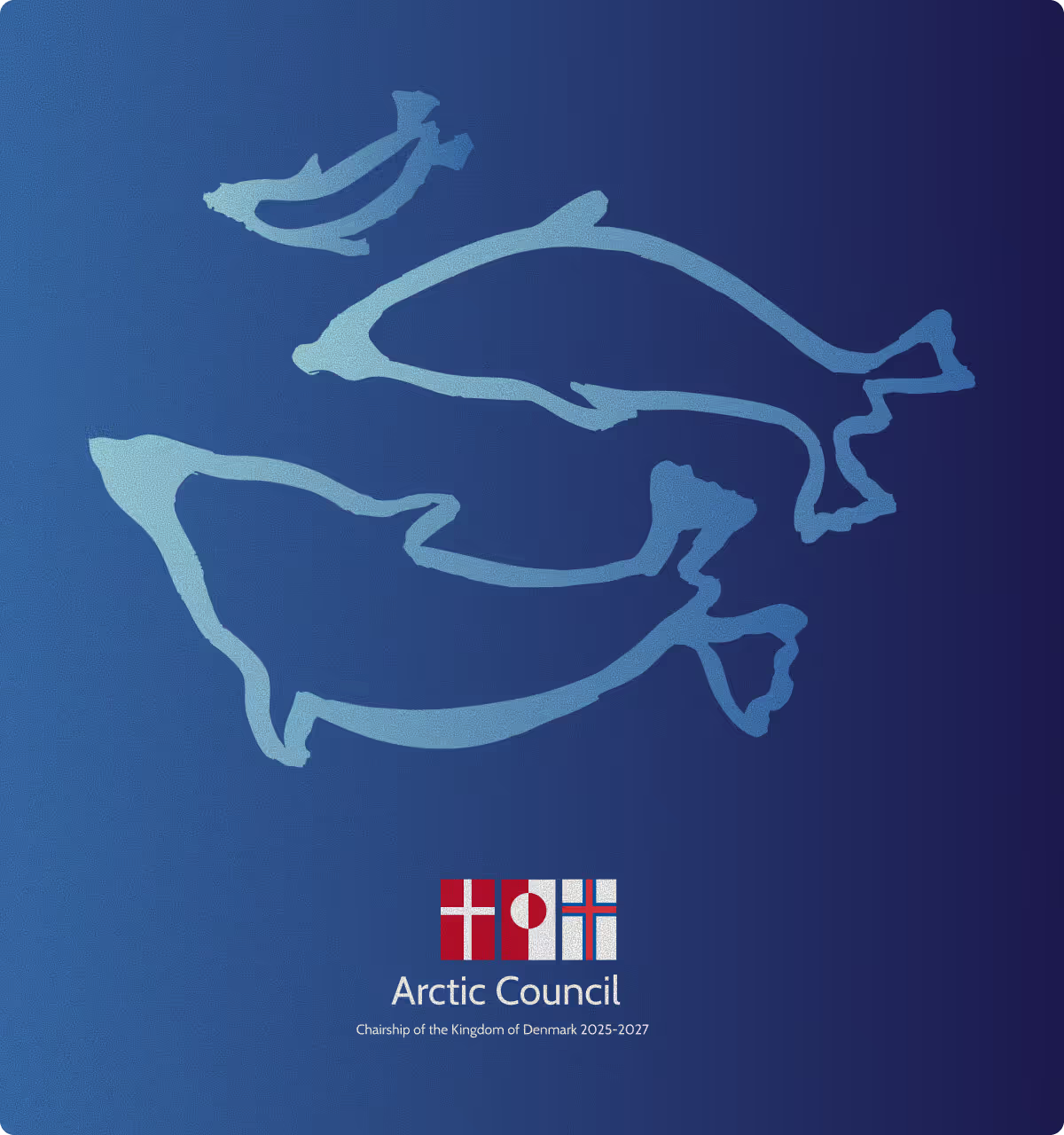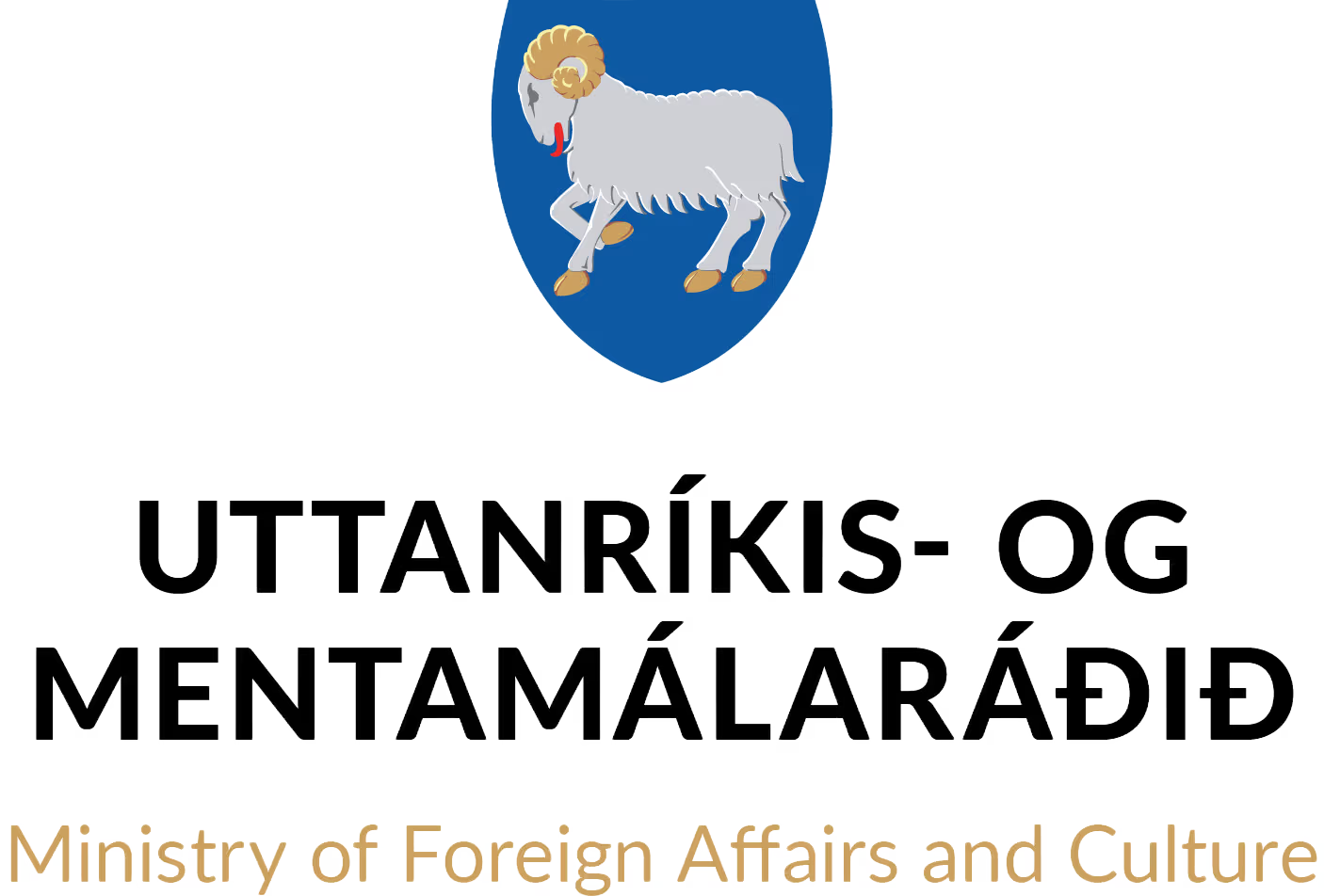May 26 - 29 2026 | Tórshavn, Faroe Islands
UArctic Congress 2026

UArctic Congress 2026
The biannual UArctic Congress takes place in Tórshavn, Faroe Islands from May 26 to 29, 2026, at the Arena við Tjarnir. The event is hosted by the University of the Faroe Islands (Setur), in collaboration with the Ministry of Foreign Affairs and Culture and the Faroe Marine Research Institute.
The 2026 Congress themes align with the Kingdom of Denmark’s Arctic Council Chairship priorities. As a unique element, the event also integrates the Ocean Connectivity Conference, planned to be held in the Faroe Islands in 2026, to boost collaboration in this field.
Themes and Sub-themes
1. Sustainable Economic Development andInternational Cooperation
1.1 Sustainable resource management andcommunity-led economic initiatives
1.2 Energy transition and connectivity (communication, transport, trade)
1.3 Green technologies, renewable energy, and sustainable Arctic shipping
1.4 Circular economies and community-led initiatives
1.5 International relations, Arctic governance, and geopolitical stability
2. Oceans
2.1 Marine biodiversity conservation
2.2 Ocean circulation dynamics and Arctic-Subarctic connectivity
2.3 Emergency preparedness and response
2.4 Marine pollutants and ecosystem impacts (incl. underwater noise, marinelitter)
2.5 Sustainable management and spatial planning of marine resources
3. Climate Change in the Arctic
3.1 Monitoring climate-related changes andadaptation strategies
3.2 Mitigation of black carbon and methane emissions
3.3 Community-based environmental monitoring
3.4 Building resilience to climate-related environmental changes
4. Biodiversity
4.1 Actions and strategies for Arctic biodiversityconservation
4.2 Strengthening Circumpolar Biodiversity Monitoring Program (CBMP)
4.3 Enhancing knowledge to prevent or manage invasive alien species in theArctic
4.4 Data policy principles and improved access to biodiversity data
4.5 Addressing the triple planetary crisis: climate change, pollution, andbiodiversity loss
5. Indigenous Peoples and Northern Communities
5.1 Indigenous rights and self-determination
5.2 Sustainable community development and inclusion of Traditional/IndigenousKnowledge
5.3 Medical preparedness, supply chains, mental and social well-being
5.4 Gender equality, diversity, inclusion, and youth engagement
5.5 Cultural heritage preservation and contemporary cultural and artisticexpressions
6. Other
The UArctic Congress 2026 is the fifth Congress organized to date.
UArctic Congress
The UArctic Congress is a biannual event that brings together a science conference and key UArctic meetings into a single gathering.
With the aim to foster contacts and enhance networking, the UArctic Congress welcomes institutional leaders, Indigenous representatives, academics, scientists, and students from around the Circumpolar North and beyond. Together with partners, policy makers, and other actors, the Congress strives to take the Arctic agenda forward by creating and strengthening collaborations that produce new findings and solutions for the future of the Arctic region.
The UArctic Congress consists of high-level plenary and parallel sessions, networking and social events, as well as the UArctic Assembly and Rectors meetings. It is therefore an excellent platform for both UArctic members and local and international experts to engage with each other, establish new connections, and promote cooperation in circumpolar research and higher education.
The Congress is organized in the chair country of the Arctic Council during their Chairship period, and the themes of the event follow the Chairship priorities.
The Organisers

University of the Faroe Islands
The University of the Faroe Islands, as it is currently constituted, was formed in 2008, when the Faroese School of Education and the Faroese School of Nursing were merged into the University of the Faroe Islands – Fróðskaparsetur Føroya.
The institution is the primary higher education and research institution in the Faroe Islands, the nation’s only university and its foremost knowledge centre, offering 24 different degrees. It undertakes research and research-based teaching, providing for synergy between research and teaching, to serve the evolving needs and priorities of the Faroes and their wider region.
The University, which plays a vital role in Faroese society, currently has some 100 academic staff (full-time equivalents), some 60 staff in support and service positions, and around 1,000 students and some 30 PhD students.
The University is comprised of a central administration and five faculties: the Faculty of Faroese Language and Literature, the Faculty of Education, the Faculty of History and Social Sciences, the Faculty of Science and Technology and the Faculty of Health Sciences.
The University’s Strategic Plan 2025-2030 provides a fresh statement of the University´s mission, together with a vision of a well-integrated, modern, professional university, working in partnership and in collaboration, to serve the evolving needs of the Faroe Islands and the wider region.
Read more about the University of the Faroe Islands here.

Faroe Marine Research Institute
The Faroe Marine Research Institute researches the Faroese marine environment and its living resources, advises the authorities on sustainable exploitation of fish stocks, collects statistics from surveys conducted in collaboration with the fishing industry or on board research vessels, participates in international cooperation, including ICES, and disseminates research results.
The activities of the Faroe Marine Research Institute specifically include stock assessments of the Faroese demersal fish stocks, pelagic fish in cooperation with coastal states, as well as fish stocks of Faroese interest.
The Faroe Marine Research Institute also conducts research on the marine environment and all factors that increase knowledge of what affects fish stocks. These include oceanographic measurements of physical and chemical conditions in the sea, including seabed mapping, current measurements, and other related activities.
The Faroe Marine Research Institute works for sustainable management of fish stocks and ecosystems, with the aim of ensuring lasting revenues from Faroese fish resources.
Read more about the Faroe Marine Research Institute here.

Chairship of the Kingdom of Denmark (2025-2027)
From May 2025 to May 2027, the Kingdom of Denmark will hold the Chairship of the Arctic Council. Together, Greenland, the Faroe Islands, and Denmark will support ongoing activities and projects led by the Council’s Working Groups and Expert Groups.
The Arctic Council Strategic Plan 2021–2030 sets a clear direction for the Council’s work and will serve as the guiding compass throughout the Chairship. The Chairship will build on previous efforts to promote cross-cutting cooperation and joint initiatives among the subsidiary bodies, thereby enhancing synergies and fostering holistic approaches.
Five thematic priorities have been identified within the Kingdom:
Indigenous Peoples and Communities
The Chairship will continue to focus on the human dimension of the Arctic Council with a particular focus on strengthening the participation of Indigenous Peoples and the inclusion of Indigenous Knowledge.
Sustainable Economic Development and Energy Transition Solutions
The Chairship is committed to supporting sustainable economic development across the Arctic, ensuring that initiatives are led by Arctic communities and serve the interests of all Arctic inhabitants with a particular focus on Indigenous Peoples.
Oceans
Ongoing global warming and the reduction of sea ice underscore the urgent need to step up monitoring efforts across the high Arctic, subarctic oceans, and lower latitudes. By understanding these interconnected systems, we can better identify the drivers of change, thereby improving predictability and enabling more effective management of the rapidly changing marine environment.
Arctic Climate Change
An issue that affects all spheres of work being undertaken by the Arctic Council with huge cross-cutting consequences for Arctic biodiversity, ecosystems and societies. The Chairship will highlight climate change trends and address the impacts of climate change on sustainable development in the Arctic.
Biodiversity
The Chairship will emphasise collaboration across the Arctic Region to monitor and assess status and trends of Arctic biodiversity and ecosystems enabling us to continue to detect and predict changes and provide best available scientific data and Indigenous Knowledge for governance.

UArctic
UArctic (University of the Arctic) is a network of universities, colleges, research institutes, and other organizations concerned with education and research in and about the North.
UArctic builds and strengthens collective resources and infrastructures that enable member institutions to better serve their constituents and their regions. Through cooperation in education, research, and outreach we enhance human capacity in the North, promote viable communities and sustainable economies, and forge global partnerships. Created through the Arctic Council, UArctic is committed to upholding its principles of sustainable development as well as the United Nations Sustainable Development Goals.
UArctic is an observer of the Arctic Council and partners with many Arctic organizations, such as the Conference of Parlamentarians of the Arctic Region (CPAR), the International Arctic Science Committee (IASC), the International Arctic Social Sciences Association (IASSA), and the Association of Early Polar Career Researchers (APECS). Going beyond the Arctic, UArctic is also a member of the International Science Council (ISC) and formally recognized as a UNESCO NGO partner.
UArctic is constituted as an international association based in Finland.
Read more about UArctic here.





